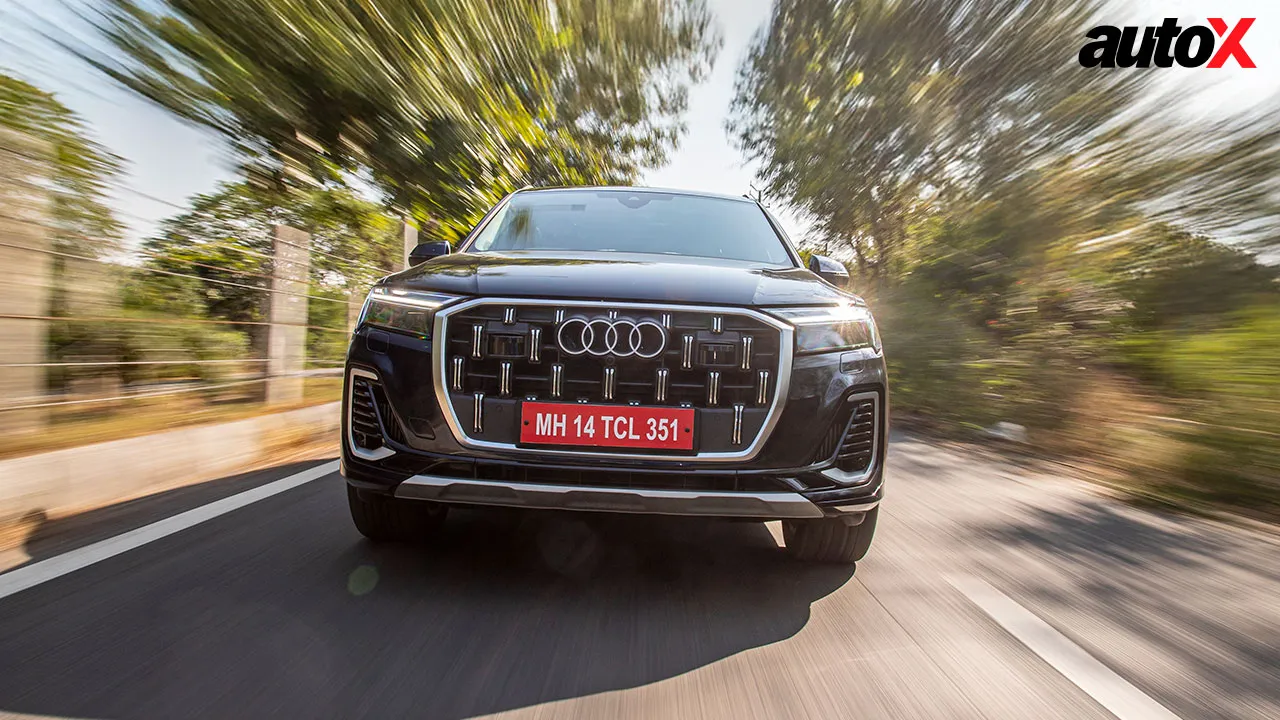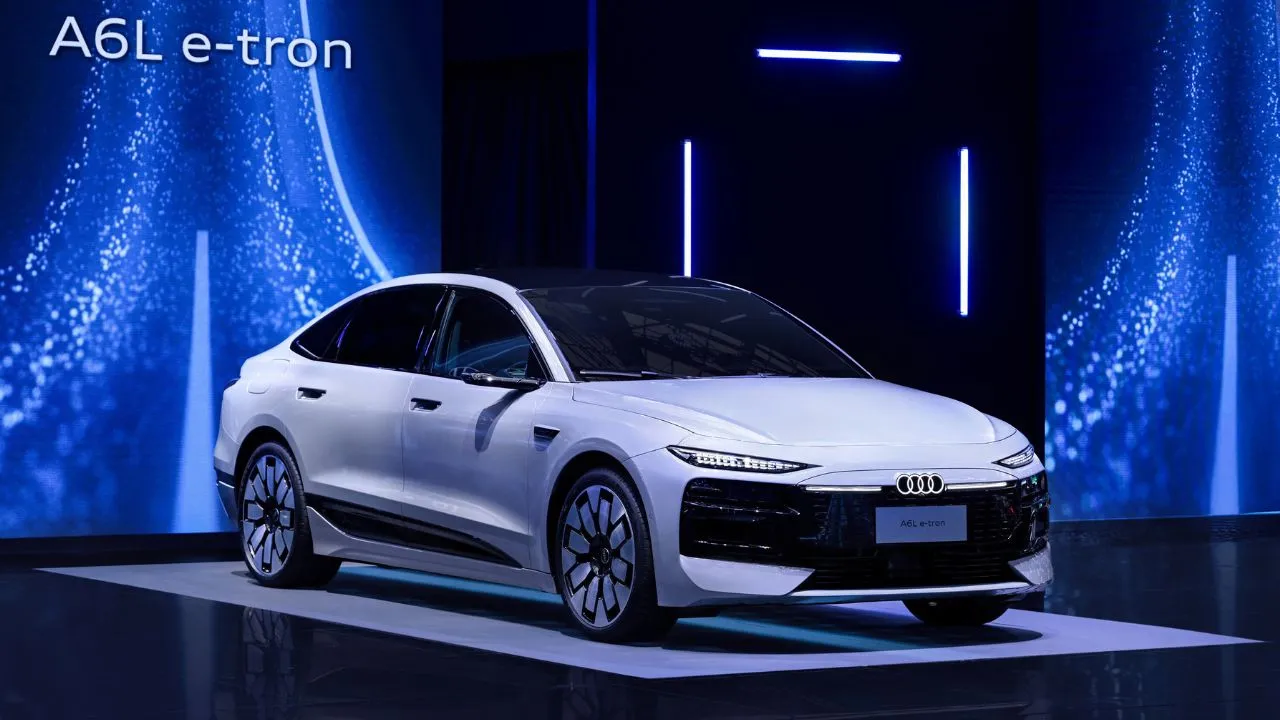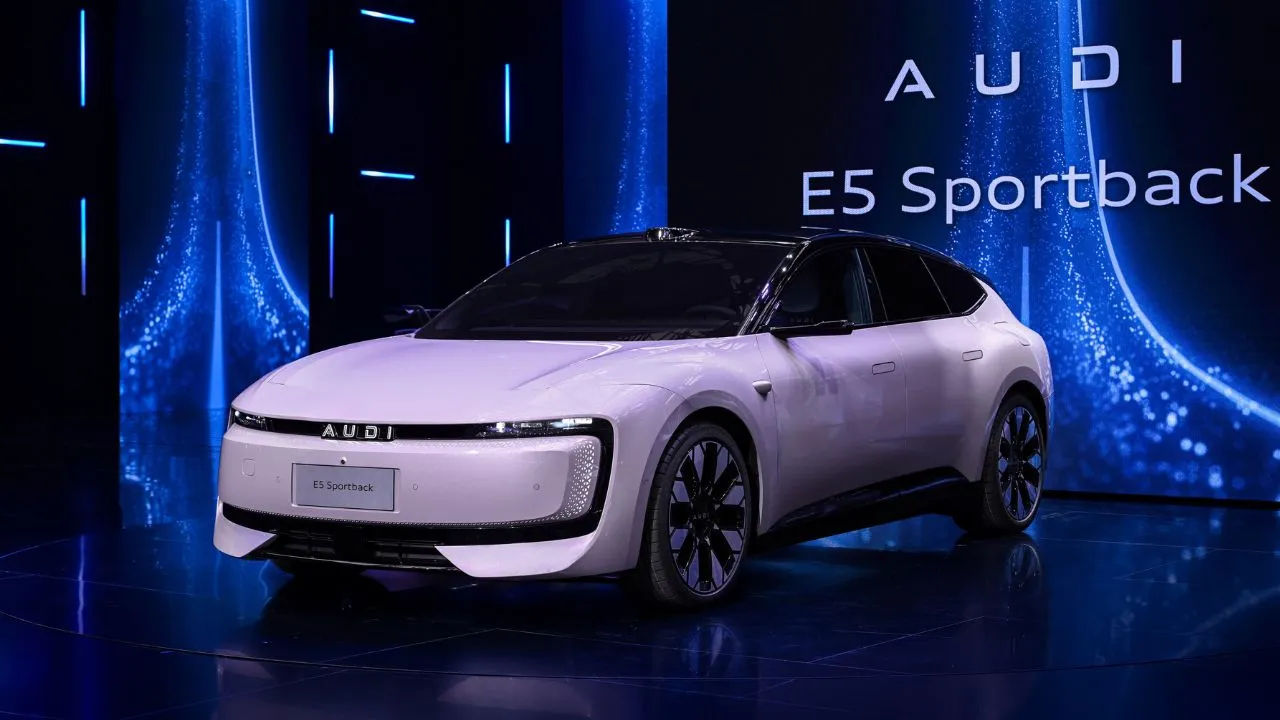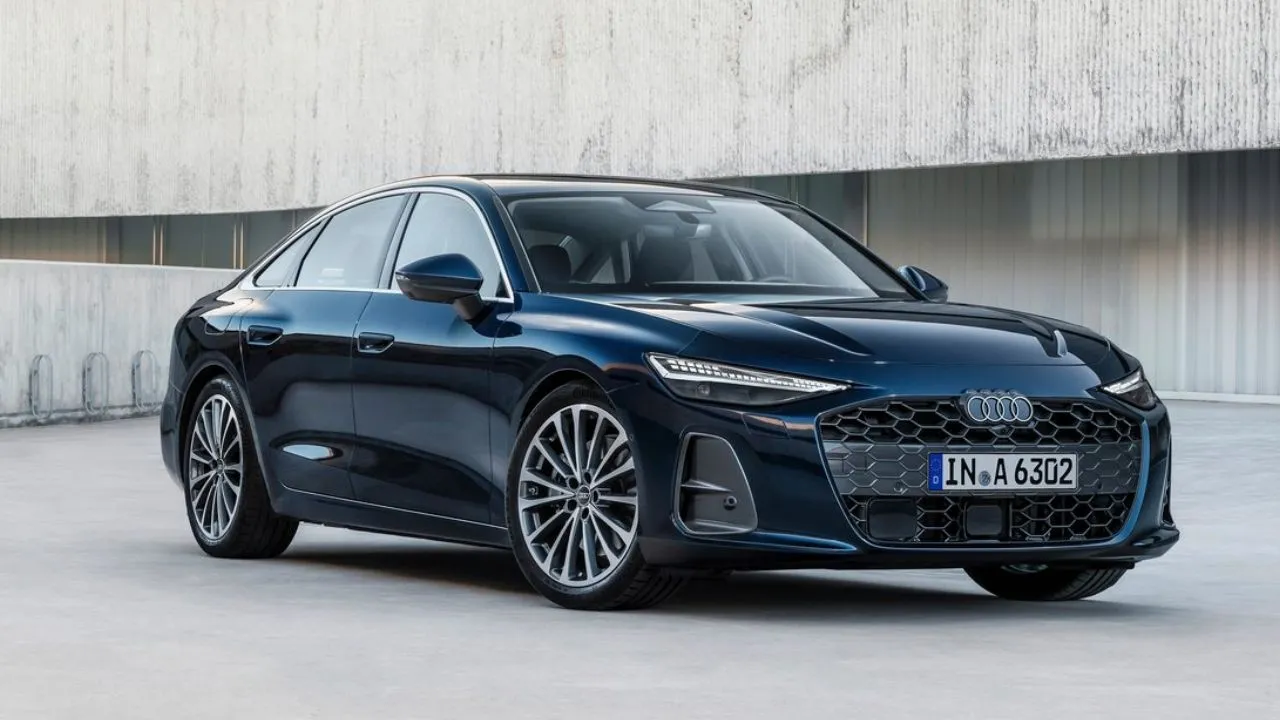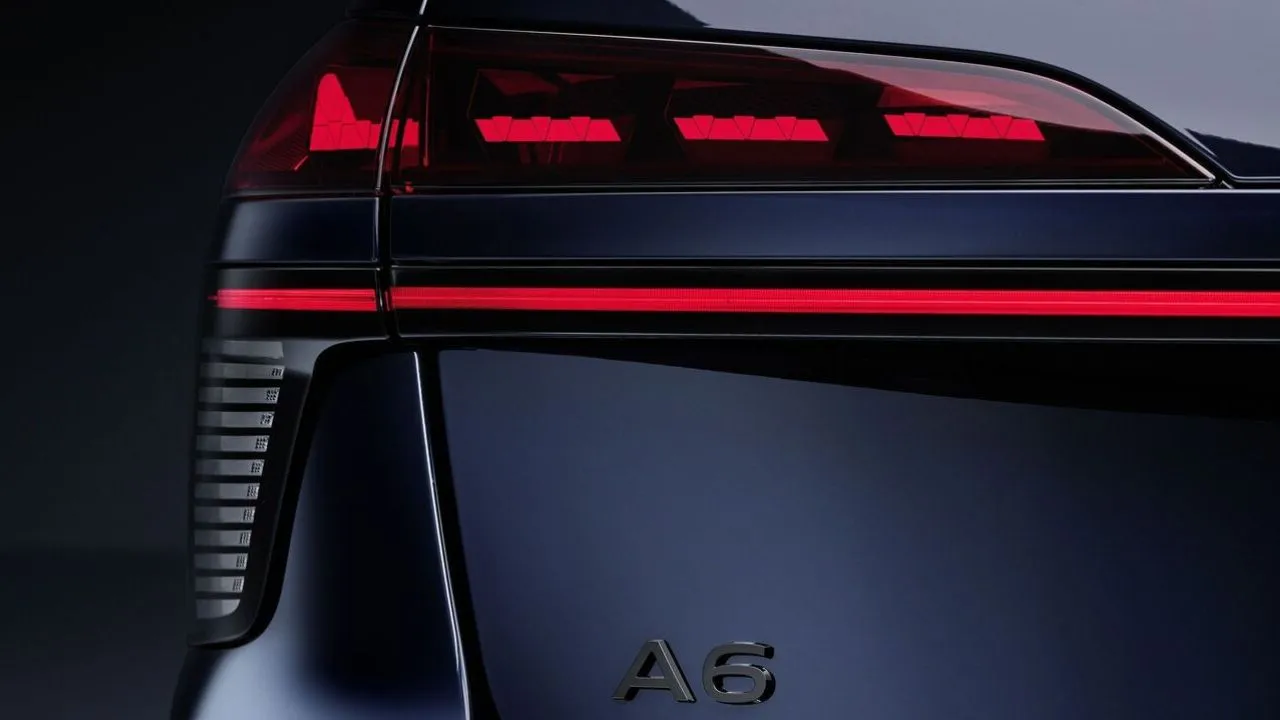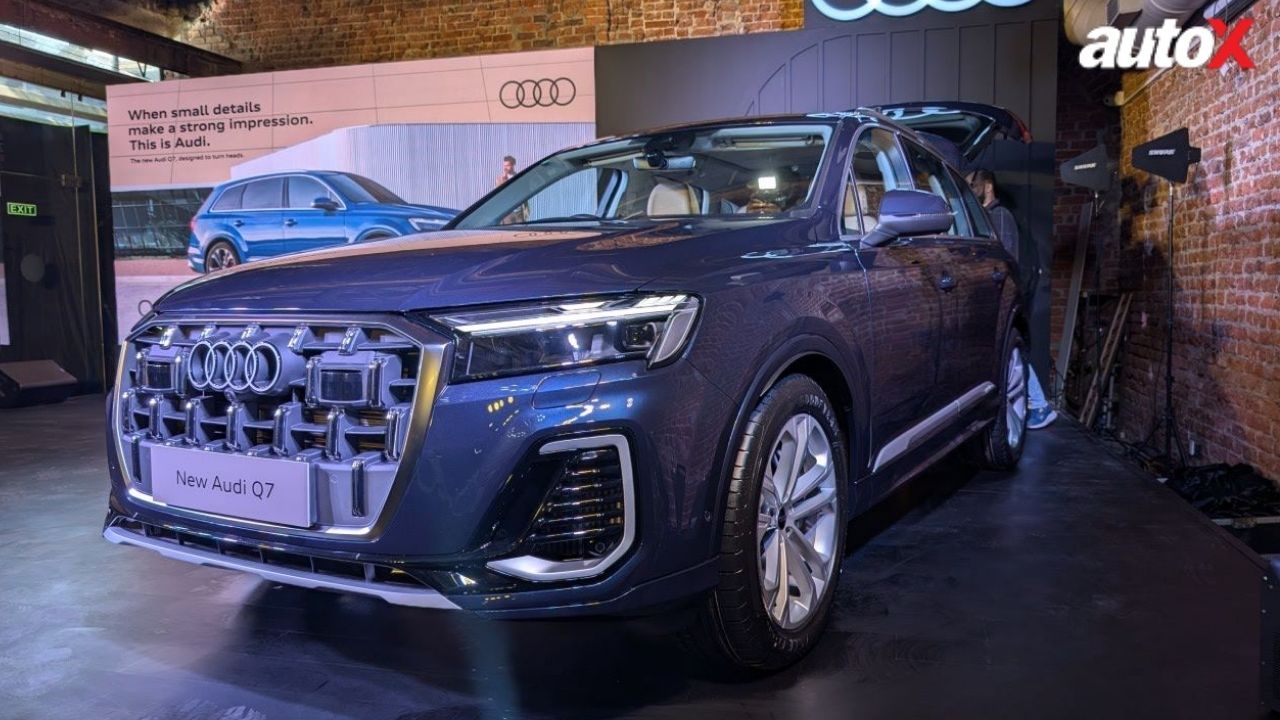2021 Audi Q4 Sportback e-tron Concept revealed
Say hello to the swanky new Audi Q4 Sportback e-tron Concept. It's based on VW's MEB platform and is expected to go on sale in global markets from 2021. It's powered by a pair of electric motors, making it an all-wheel drive.

Say hello to the swanky new Audi Q4 Sportback e-tron Concept. It's based on VW's MEB platform and is expected to go on sale in global markets from 2021.
Audi has revealed the new Q4 Sportback e-tron Concept. Based on the Q4 e-tron SUV concept from 2019, the Sportback derivative of the EV has a sporty coupe-like body. Production will begin in 2021 and it’ll become the seventh EV in the company’s global electric vehicle portfolio.
Like the Q4 e-tron SUV, the Sportback version is based on VW Group’s MEB electric vehicle platform. The Q4 Sportback e-tron is 4,600mm long and it’s slightly taller than its SUV sibling at 1,600mm. The design is quintessentially Audi – it flaunts an aggressive front fascia with matrix LED lamps and Audi’s signature Singleframe hexagonal grille. It’s got taut body panels, and massive wheel arches, which house 22-inch wheels. At the back, it’s a stubby coupe-like rear, featuring a well-integrated spoiler and seamless LED lights. Overall, it’s quite a spectacular looking thing.
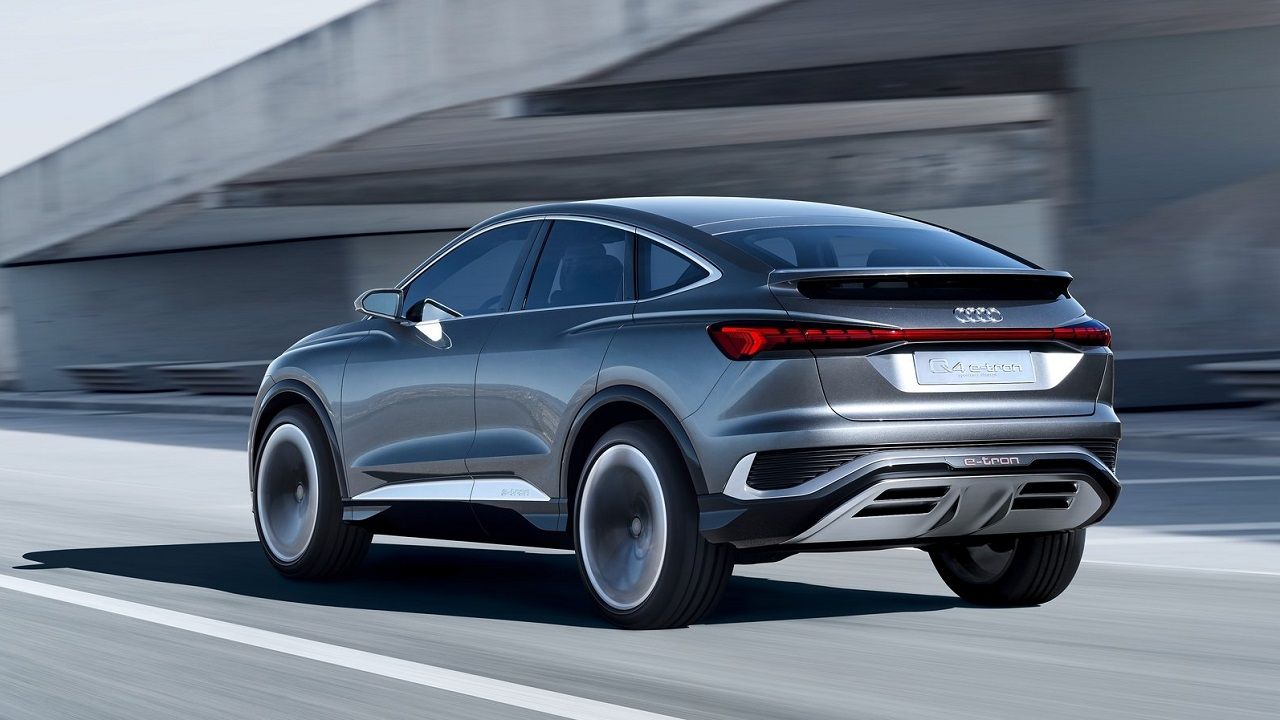
Its drivetrain is identical to the Q4 e-tron SUV, meaning the Sportback will be propelled by two electric motors, which power all four wheels. The motors will draw power from an 82kWh battery pack. The front motor is rated at 75kW/150Nm, while the rear will generate 150kW/310Nm. Combined, the system will develop 225kW (302bhp) and 460Nm of torque. Audi claims it’ll do 0-100km/h in 6.3 seconds. According to Audi, the range of the vehicle is 450km (under the WLTP driving cycle).
Further, Audi claims the Q4 Sportback e-tron will have a 50:50 weight distribution between front and rear axles, and that’ll allow it to have sporty driving dynamics. The suspension setup will comprise a MacPherson axle with adaptive dampers at front, and a multi-link axle with separate springs and adaptive dampers at rear.
Audi plans to have 20 all-electric vehicles in its global lineup by 2025. The company is expected to bring a couple of EVs to the Indian market as well. In fact, Audi India was supposed to launch the new e-tron SUV in the country in the first half of 2020, but the launch has now been delayed, thanks to the COVID-19 outbreak.
Also read,

